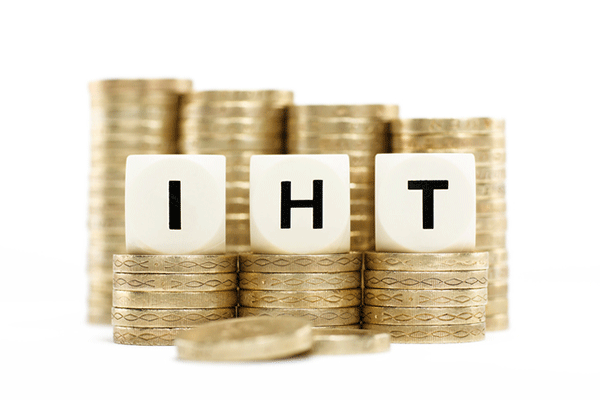Tax trick: how you can claim back ‘overpaid’ inheritance tax following market falls
Shares inherited before the recent market crash will have incurred a tax bill reflecting prices before t…
26th March 2020 12:20
by Tom Bailey from interactive investor
Shares inherited before the recent market crash will have incurred a tax bill reflecting prices before the crash.

Anyone who has recently inherited shares may be entitled to a refund on previously paid inheritance tax (IHT) due to the recent stock market falls, according to private client law firm Wilsons.
IHT is calculated on the value of assets on the date of the deceased passing, with the tax due to be paid six months from that date. Therefore, any shares inherited before the recent market crash will have incurred a tax bill reflecting what were historically high prices for shares.
For individuals with an estate greater than £325,000, the rate of tax sits at 40%.
However, over the past month, the value of almost every major listed company has dropped significantly, as fear of the economic damage of coronavirus spread. As a result, anyone who has, or plans, to sell their inherited shares may be entitled to a rebate.
Lawyers at Wilsons point out that anyone who has decided to sell their shares since the market declines can now been deemed as having previously “overpaid” on their original IHT bill. Wilson points out that heirs are able to apply for IHT relief if what they have inherited incurs losses during a sale within 12 months of inheriting the assets.
They use the following example: “If a portfolio with a value of £1 million at the date of death was inherited, the tax owed would be £270,000. Whereas if the portfolio of shares halved in value to £500,000 during the market crash then on sale within a year of the date of death a rebate can be applied for lowering the IHT to just £70,000.”
Such IHT rebates are not rare, with more than 4,500 people receiving one in the 2018-19 tax year.
Rupert Wilkinson, partner at Wilsons says: “There are going to be some very large sums at stake and the process of making a claim for loss relief is relatively straightforward.
“Solicitors advising clients who have inherited shares should be highlighting this to them. The real problem comes with DIY probates where there is limited knowledge of the way inheritance tax works – there is no solicitor involved so nobody to advise the heirs that on a sale they can reclaim substantial amounts of overpaid tax. Unfortunately, HMRC is not going to warn them.”
This article was originally published in our sister magazine Money Observer, which ceased publication in August 2020.
These articles are provided for information purposes only. Occasionally, an opinion about whether to buy or sell a specific investment may be provided by third parties. The content is not intended to be a personal recommendation to buy or sell any financial instrument or product, or to adopt any investment strategy as it is not provided based on an assessment of your investing knowledge and experience, your financial situation or your investment objectives. The value of your investments, and the income derived from them, may go down as well as up. You may not get back all the money that you invest. The investments referred to in this article may not be suitable for all investors, and if in doubt, an investor should seek advice from a qualified investment adviser.
Full performance can be found on the company or index summary page on the interactive investor website. Simply click on the company's or index name highlighted in the article.